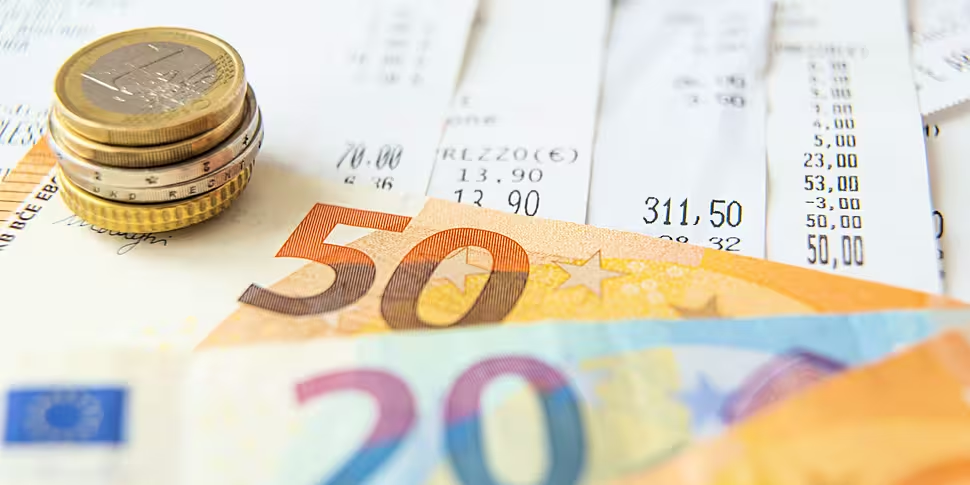Food prices are expected to spiral throughout 2022.
It comes as year-on-year inflation across OECD countries rose to 7.2% in January - the highest rate since 1991.
And this was before the Russian invasion of Ukraine caused fuel prices to rise even further.
Assistant professor of economics at the University of Limerick is Stephen Kinsella.
He told Newstalk Breakfast the invasion also means we will soon have to deal with higher food prices too.
"The key change that Ukraine will bring, and the... sanctions on Russia, etc will bring is not only will energy prices increase - oil is at its highest level in 20 years nearly - but it'll bring food [price] increases.
"The previous source of inflation was energy, so literally at the gas pump the price of fuel was rising.
"Now it's going to be energy and food."
He says this is due to the fact that Ukraine supplies around 12% of the world's wheat.
"You're going to see a very large increase in food prices as well.
"So the Government has to fight on two fronts".
'Graduated VAT changes'
Prof Kinsella says there are limited remedies open to ease the burden on people.
"There has to be another energy credit for low-income households... the second thing is to think about a graduated change in Value Added Taxes.
"When you go to the gas pump and you fill up your car with diesel or petrol, you're paying a certain percentage on your fuel - it's quite a high amount of taxes.
"Because we import all of our oil, that's going to be quite expensive - so the Government should now consider a graduated reduction.
"So if inflation goes up by another 3% for example in February, then in March we should consider a 3% reduction in those taxes."
On food prices, he says a system in a similar vain to the Pandemic Unemployment Payment may be needed.
"Most of the staples in food are already VAT-exempt - so things like bread, etc you don't pay VAT on it anyway.
"There's limited scope to do that, except to consider some kind of obvious credit into low income households.
"It will be a interesting moment where, rather than like a Pandemic Unemployment Payment, we're going to start seeing something like a Ukrainian War Payment - or something like that going out".
And he adds: "There's probably scope for wage increases in fact, and probably even PRSI increases on employers to fund these things.
"But all of that has to be understood in a world of non-normal policy choices.
"Right now we're in this situation where we've had a once in a century pandemic, and now we're having a geo-political conflict.
"It's not a normal time so you shouldn't apply normal rules to abnormal moments".









